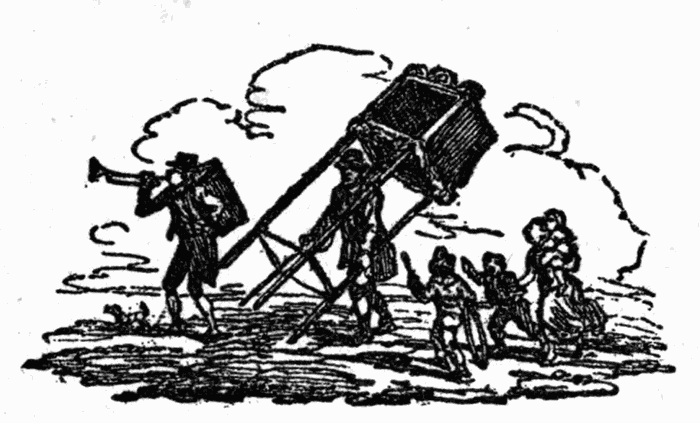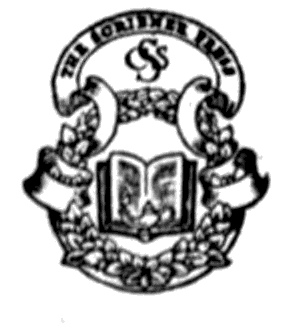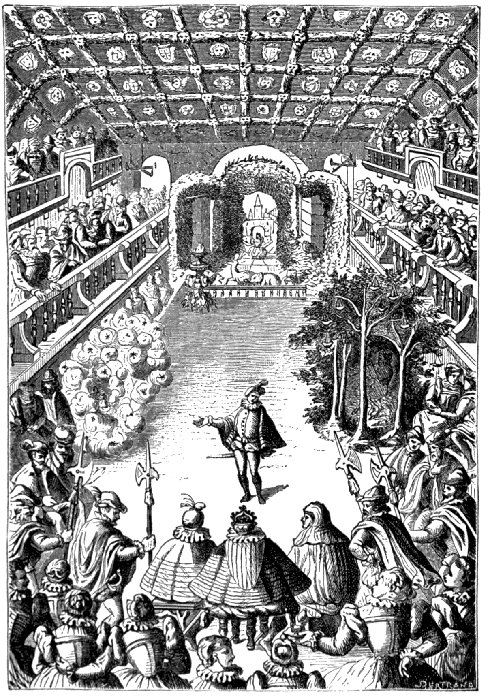Books by Brander Matthews
Biographies
Shakspere as a Playwright
Molière, His Life and His Works
Essays and Criticisms
French Dramatists of the 19th Century
Pen and Ink, Essays on subjects of more or less importance
Aspects of Fiction, and other Essays
The Historical Novel, and other Essays
Parts of Speech, Essays on English
The Development of the Drama
Inquiries and Opinions
The American of the Future, and other Essays
Gateways to Literature, and other Essays
On Acting
A Book About the Theater
A BOOK
ABOUT THE THEATER
A BOOK
ABOUT THE THEATER
BY
BRANDER MATTHEWS
PROFESSOR OF DRAMATIC LITERATURE IN COLUMBIA UNIVERSITY; MEMBER
OF THE AMERICAN ACADEMY OF ARTS AND LETTERS

NEW YORK
CHARLES SCRIBNER'S SONS
1916
Copyright, 1916, by
CHARLES SCRIBNER'S SONS
Published October, 1916

TO AUGUSTUS THOMAS
My Dear Augustus:
Let me begin by confessing my regret that I cannotoverhear your first remark when you receive this sheafof essays, many of which are devoted to the subordinatesubdivisions of the art of the stage. As it is,I can only imagine your surprise at discovering thatthis book, which contains papers dealing with certainaspects of the theater rarely considered to be worthyof criticism, is signed by the occupant of the earliestchair to be established in any American universityspecifically for the study of dramatic literature. Ifancy I can hear the expression of your wonder thata sexagenarian professor should turn aside from hisaustere analysis of the genius of Sophocles and ofShakspere, of Molière and of Ibsen, to discuss theminor arts of the dancer and the acrobat, to chatterabout the conjurer and the negro minstrel, to considerthe principles of pantomime and the development ofscene-painting. But I am emboldened to hope thatyour surprise will be only momentary, and that youwill be moved to acknowledge that perhaps there maybe some advantage to be derived from these deviationsinto the by-paths of stage history.
You are rather multifarious yourself; "like Cerberus,you are three gentlemen at once"; you have beena reporter, you have published a novel, you havepainted pictures, you have delivered addresses—andyou write plays, too. I think that you, at least, willreadily understand how a student of the stage maylike to stray now and again from the main road and toramble away from the lofty temple of dramatic art toloiter for a little while in one or another of its lesserchapels. And you, again, will appreciate my convictionthat these loiterings and these strollings may beas profitable
